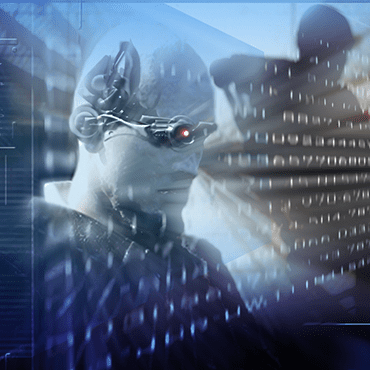It has been reported that corporate CEOs could soon be personally liable if they fail to adequately secure IT systems connected to the physical world, Gartner has warned. The analyst firm predicted that as many as 75% of business leaders could be held liable by 2024 due to increased regulations around so-called “cyber-physical systems” (CPSs) such as IoT and operational technology (OT).
About the Author
-
ISBuzz Team embodies the collaborative efforts of the dedicated staff at Information Security Buzz, converging a wide range of skills and viewpoints to present a unified, engaging voice in the information security realm. This entity isn't tied to a single individual; instead, it's a dynamic embodiment of a team diligently working behind the scenes to keep you updated and secure. When you read a post from ISBuzz Team, you're receiving the most relevant and actionable insights, curated and crafted by professionals tuned in to the pulse of the cybersecurity world. ISBuzz Team - your reliable compass in the fast-evolving landscape of information security



